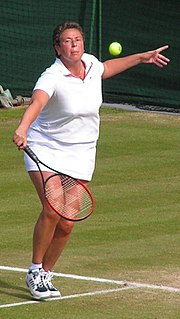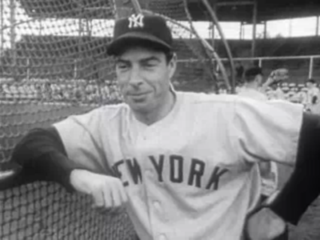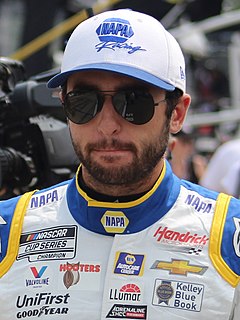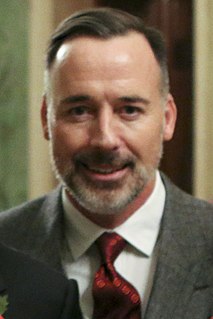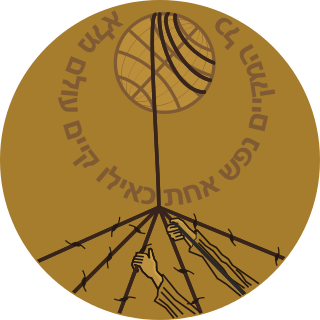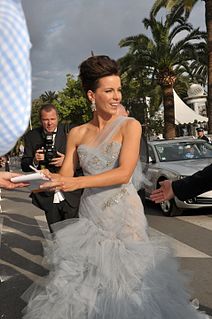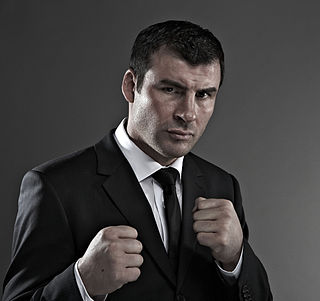A Quote by Jo Durie
The decision to retire was quite an easy one for me because by that stage my knees were so badly gone. If I had been like Martina Navratilova and my body had let me I would have carried on playing a lot longer.
Related Quotes
I feel like I have reached the stage where I can no longer produce for my club, my manager, and my teammates. I had a poor year, but even if I had hit .350, this would have been my last year. I was full of aches an pains and it had become a chore for me to play. When baseball is no longer fun, it's no longer a game.
I had a lot of respect for what my dad did and the success that he had. I wanted to give it a try. He never forced me in any way to go this route. It was my decision. He would push me to work harder at it but only because it was my decision to race. If there was ever a day when I didn't want to do it any more, he would be fine.
These were the lovely bones that had grown around my absence: the connections-sometimes tenuous, sometimes made at great cost, but often magnificent-that happened after I was gone. And I began to see things in a way that let me hold the world without me in it. The events that my death wrought were merely the bones of a body that would become whole at some unpredictable time in the future. The price of what I came to see as this miraculous body had been my life.
When I came back from Munich, it was September, and I was Professor of Mathematics at the Eindhoven University of Technology. Later I learned that I had been the Department's third choice, after two numerical analysts had turned the invitation down; the decision to invite me had not been an easy one, on the one hand because I had not really studied mathematics, and on the other hand because of my sandals, my beard and my "arrogance" (whatever that may be).
Those women who had gone out with Germans were grabbed and treated very badly, often shaved totally bald so that everyone could see who they were. Some were taken prisoners. There had been so much suffering during the war because of the betrayal of those collaborators, so many killed and hurt because of what they had done to families, that the mood for revenge against the traitors was very high. It was not right, but it was understandable.
Pete Townsend for me was a huge influence. Because essentially they were a three-piece band and the way he structured his chords and took up a lot of space musically in the songs was really important to the way Rush developed. Geddy and Neil both were such active players and lot of the time we were all playing like crazy and it was too much and somebody had to reel it in and me being the faceless guy, I would do that.
I quite fancy having a hover car, but I don't fancy everyone having one. Because I feel like I spend quite a lot of time stuck in traffic on the 405 but if everybody had one then they'd be scared and we'd crash, but if it was just me, then I think I would zoom home quite fast. I also quite fancy a phone attached to my hand but then I don't know if I fancy it being stuck to my body.
The twentieth century saw an amazing development of scholarship and criticism in the humanities, carried out by people who were more intelligent, better trained, had more languages, had a better sense of proportion, and were infinitely more accurate scholars and competent professional men than I. I had genius. No one else in the field known to me had quite that.
Back in middle school, Catherine and I had gone through this stage where all we would read were fantasy books. We'd consume them like M&M's, by the fistful, J.R.R. Tolkien and Terry Brooks and Susan Cooper and Lloyd Alexander. Susan Boone looked, to me, like the queen of the elves (there's almost always an elf queen in fantasy books). I mean, she was shorter than me and had on a strange lineny outfit in pale blues and greens.
And I felt more like me than I ever had, as if the years I'd lived so far had formed layers of skin and muscle over myself that others saw as me when the real one had been underneath all along, and I knew writing- even writing badly- had peeled away those layers, and I knew then that if I wanted to stay awake and alive, if I wanted to stay me, I would have to keep writing.
